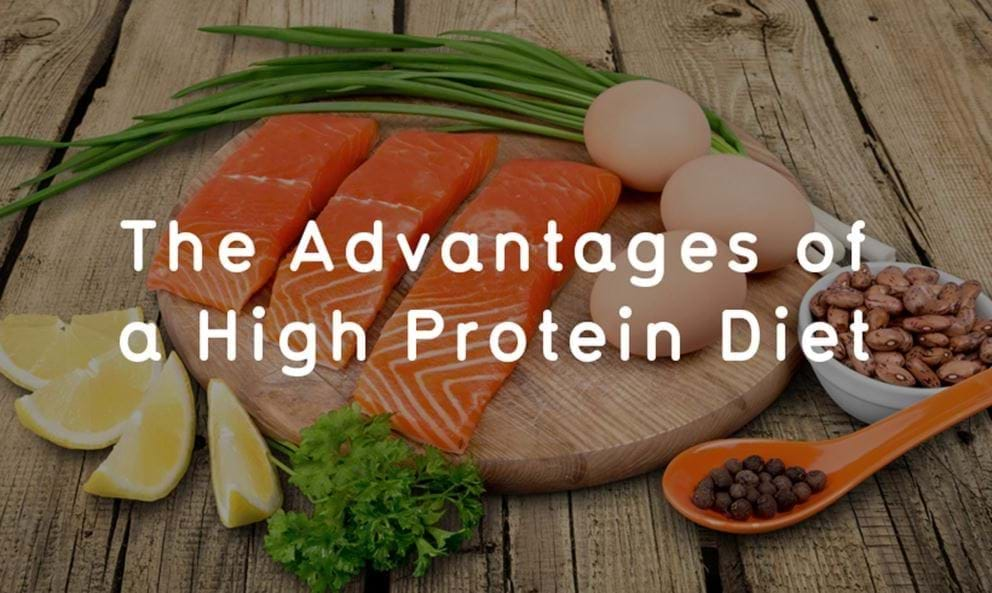C155C Chronicles
Exploring the latest trends and insights.
Meatless Marvels: Protein Without the Beef
Discover delicious meatless protein options that pack a punch! Elevate your meals with these tasty, nutritious meat alternatives.
10 Surprising Sources of Plant-Based Protein
When it comes to plant-based protein, many people immediately think of common sources like beans, lentils, and nuts. However, there are several surprising sources that you might not have considered. For instance, quinoa is a complete protein that contains all nine essential amino acids, making it an excellent choice for those on a plant-based diet. Additionally, spirulina, a blue-green algae, can pack an impressive 64 grams of protein per 100 grams, making it one of the most protein-dense foods available.
Another unexpected source is broccoli, which contains about 4 grams of protein per cup. Not only is it rich in protein, but it also boasts a wealth of vitamins and minerals. Chia seeds and hemp seeds are also notable mentions. These tiny seeds are rich in protein, fiber, and omega-3 fatty acids, making them great additions to smoothies or oatmeal. Consider incorporating these lesser-known foods into your diet to boost your plant-based protein intake in delicious ways.

How to Create a Balanced Meatless Meal Plan
Creating a balanced meatless meal plan is essential for maintaining optimal health while enjoying a plant-based diet. Begin by incorporating a variety of whole foods that supply essential nutrients. Focus on the five main food groups: fruits, vegetables, whole grains, legumes, and nuts/seeds. Aim for a colorful plate by including dark leafy greens such as kale or spinach, and vibrant vegetables like bell peppers and carrots. Strive to incorporate plant-based proteins like lentils, chickpeas, and tofu, ensuring you get a well-rounded intake of amino acids.
Next, to ensure your meal plan is nutritionally complete, consider portion sizes and meal timing. A balanced meal should include a source of protein, healthy fats, and complex carbohydrates. For instance, a bowl of quinoa topped with black beans, diced avocado, and a medley of roasted vegetables provides a well-rounded macronutrient profile. Plan your meals for the week by preparing a weekly menu and grocery list that emphasizes seasonality and variety. Don't hesitate to experiment with herbs and spices to enhance flavors while keeping your meals exciting and satisfying.
Can You Really Get Enough Protein Without Meat?
Many individuals have raised the question, Can you really get enough protein without meat? The answer is a resounding yes! Plant-based diets can provide all the essential amino acids needed for optimal health. Foods like legumes, nuts, seeds, and whole grains are excellent sources of protein. For instance, chickpeas and quinoa are not only high in protein but also promote satiety, making them perfect for maintaining a balanced diet. Additionally, incorporating a variety of these protein sources can help ensure you are meeting your daily requirements without relying on meat.
To further explore how to obtain sufficient protein from non-meat sources, consider the following options:
- Lentils - Packed with protein and fiber, they make a great addition to soups and salads.
- Tofu and Tempeh - These soy-based products are versatile and can be used in a variety of dishes.
- Nuts and Seeds - Almonds, chia seeds, and hemp seeds are not only rich in protein but also healthy fats.
- Spirulina - This blue-green algae is a protein powerhouse, often available in powder form.